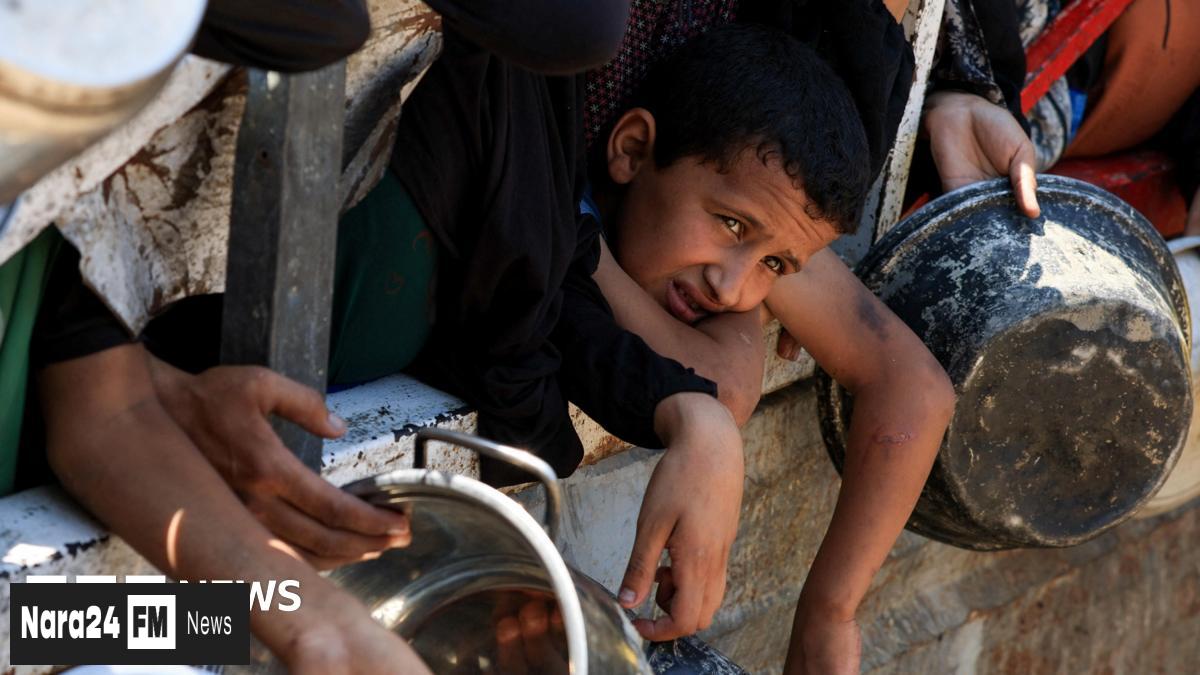
Haaland Hat-Trick Fuels Norway's Dominant World Cup 2026 Qualifier Win Over Israel
Erling Haaland's impressive hat-trick helped Norway secure a commanding 5-0 victory against Israel in their World Cup 2026 qualifier.
Jeremy Bowen critiques the practice of air-dropping aid to Gaza, calling it a desperate measure that fails to address the root causes of the hunger crisis.

Jeremy Bowen, BBC's International Editor, has expressed skepticism over Israel's recent proposal to allow air drops of aid into Gaza, describing the move as an act of desperation that won't resolve the severe hunger crisis in the region.
Israel's offer comes in response to mounting pressure from international allies, including Britain, France, and Germany, who have strongly condemned the humanitarian situation in Gaza. On Friday, July 25th, these nations issued a联合声明 urging Israel to lift restrictions on aid shipments and permit unrestricted humanitarian operations to prevent further starvation. However, Israel maintains that it imposes no restrictions on aid trucks entering Gaza, a claim that has been consistently refuted by the United Nations and other international organizations active in the region.
Bowen, who has extensive experience covering conflicts, highlights the limitations of air-dropping aid. He draws parallels from his reporting in Iraqi Kurdistan after the 1991 Gulf War, where the US and UK conducted similar operations. While the aid was initially welcomed, the long-term consequences were dire. In some cases, individuals ventured into minefields to retrieve aid, resulting in casualties. Similarly, during the 1993 siege of Mostar in Bosnia, pallets of American military meals were scattered across a city under constant artillery fire, with some even crashing through undestroyed roofs.
According to Bowen, air drops are often seen as a last resort by professionals in the humanitarian field, typically employed when all other access routes are blocked. This is not the case in Gaza, where alternative supply routes, such as the modern Ashdod port or the Jordanian border, remain operational. The limited capacity of aircraft compared to convoys of trucks further underscores the inefficiency of this approach. Additionally, the lack of open spaces in Gaza's densely populated southern coast complicates the targeting of aid drops, potentially leading to pallets landing in unintended areas and fueling competition among desperate individuals and criminal elements.
Bowen's critique aligns with the broader concern expressed by the UN, which recently warned that nearly a third of Gaza's population is going without food for days. The situation, he argues, necessitates a comprehensive ceasefire and sustained, unrestricted aid operations to address the root causes of the crisis rather than merely alleviating symptoms.
Comments (0)
Leave a Comment
Be the first to comment on this article!